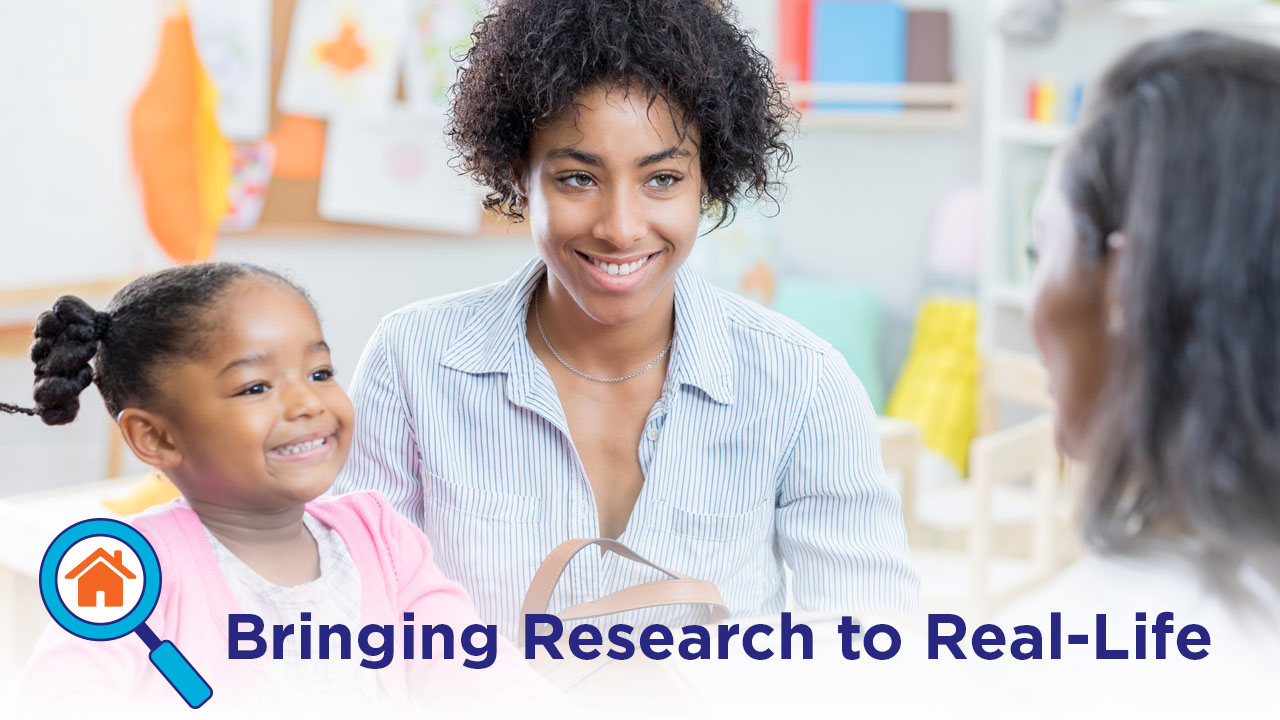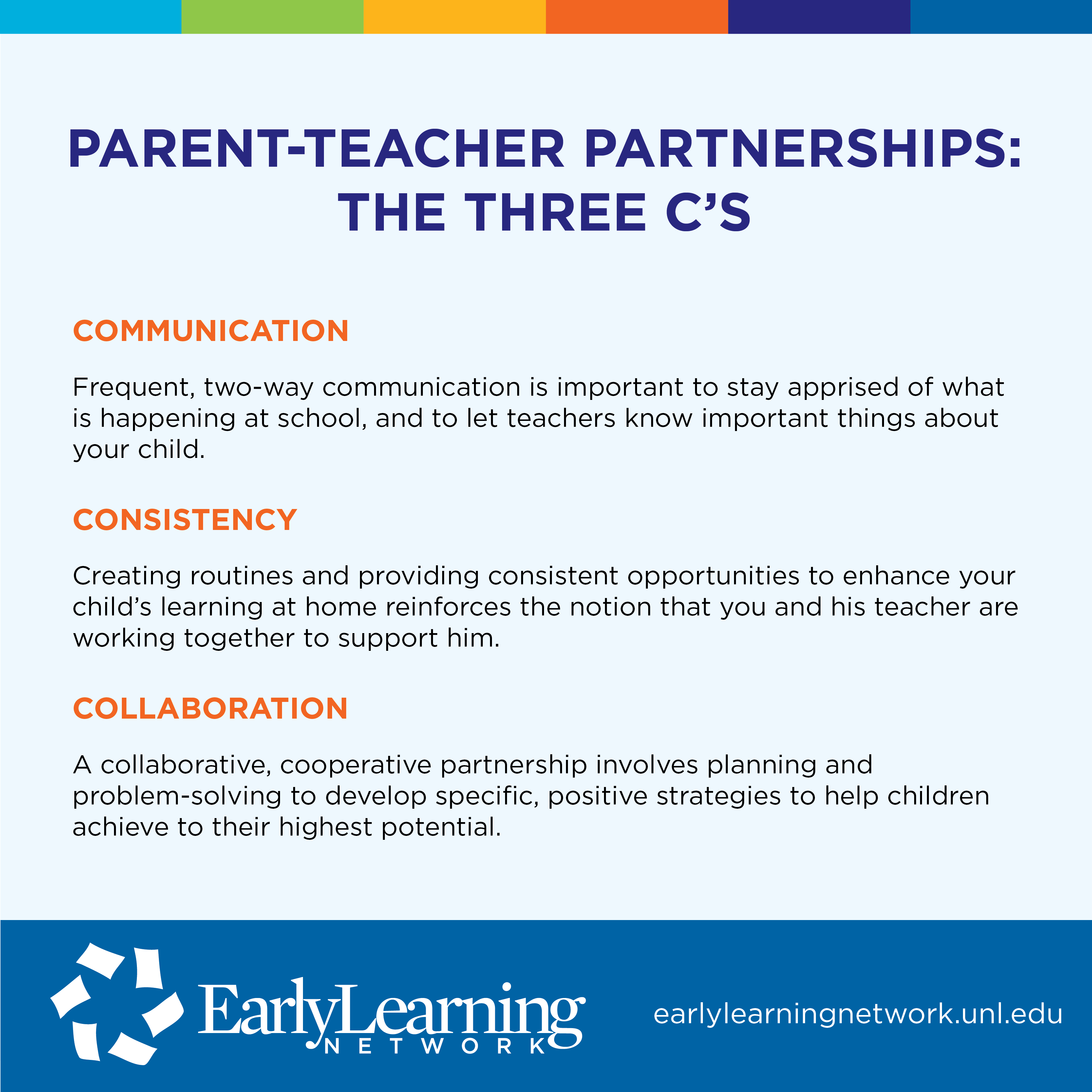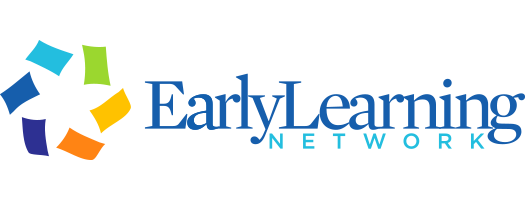29 Aug Establishing healthy parent-teacher relationships for early learning success
 By Susan M. Sheridan, Ph.D.
By Susan M. Sheridan, Ph.D.
Principal Investigator, Early Learning Network Lead
Director, Nebraska Center for Research on Children, Youth, Families & Schools,
University of Nebraska-Lincoln
It’s inevitable. Labor Day marks the transition between two seasons: the end of summer and the back-to-school season. The beginning of a new school year brings new teachers, new classmates, new opportunities and new relationships.
While the relationships your child forms with peers are important, you may be surprised that the most significant relationship, in terms of your child’s school success and development, is the one you form with his or her teacher.
Your relationship with your child’s teacher can be an important factor in how well he or she gets along at school and at home. For many children, the most significant adults in their lives on a day-to-day basis are immediate family members and caregivers (primarily parents), and their teacher. These are the adults with whom they spend the most time, who make most of the decisions regarding how they spend their time and who provide guidance and direction, through their actions and their words, on most aspects of their lives.
Isn’t it logical that how these adults interact, relate and communicate, both with each other and with the student, impacts his or her experiences and learning? Let’s explore this further.
Fortunately, we know a lot about the “why” and “how” of healthy relationships between parents and their children’s teachers. Through the Early Learning Network, collaborating research teams across the U.S. are doing research to hone in on what types of parent engagement practices really matter for young children — not only at one point in time, such as kindergarten, but throughout their early school years, from preschool to third grade.
“Research shows that home support for early learning complements learning at school,” said Christina Weiland, assistant professor at the University of Michigan and co-principal investigator on ELN’s MDRC team studying Boston Public Schools’ P-3 programs. “Playing math games, reading with children and asking children open-ended questions as they play are examples of fun, simple ways to build critical foundational skills both at home and school. The network is considering many factors important in the early years, including alignment of home and school learning opportunities.”
Why are healthy parent-teacher relationships important?
Positive connections between parents and teachers have been shown to improve children’s academic achievement, social competencies and emotional well-being. When parents and teachers work as partners, children do better in school and at home.
Research shows that when a partnership approach between parents and teachers is evident, children’s work habits, attitudes about school and grades improve. They demonstrate better social skills, fewer behavioral problems and a greater ability to adapt to situations and get along. And parents and teachers benefit, too. When working together as partners, it’s been found that parents and teachers communicate more effectively, develop stronger relationships with one another and develop skills to support children’s behaviors and learning.
“Building partnerships between families and schools is an effective strategy to address opportunity gaps, especially for those who have been historically underserved,” said Iheoma Iruka, co-principal investigator of ELN’s University of Nebraska-Lincoln team and chief research innovation officer and director of the Center for Early Education Research & Evaluation at HighScope Educational Research Foundation. “Strong partnerships support children’s learning and ability to develop lifelong skills and networks, while also strengthening parents’ capacity to be engaged in their child’s school experience.”
The Three C’s: How to form a constructive parent-teacher partnership
Partnerships are most powerful when they include three main components, represented as the “3 C’s”: communication, consistency and collaboration.
Communication
The first is communication between home and school. Like any relationship in life, communication between you and your child’s teacher is key.
-
- Communicate with your child’s teacher early on and throughout the school year. Start by letting him/her know that you want to play your part in your child’s education.
-
- Discuss with your child’s teacher the best ways to communicate. This can be as simple as sending notes to school with your child, leaving a voice message for the teacher, emailing important information or other methods unique to your situation.
-
- The best kind of communication is open, clear, constructive and timely. Frequent, two-way communication is important to stay apprised of what is happening at school, and to let your teacher know important things about your child. Home-school notes are especially effective.
- Attend meetings with questions and observations about your child’s efforts and behaviors, not just their grades and achievements. Let your child’s teacher know about your child’s strengths and challenges, likes and dislikes, and what you hope he or she accomplishes during the school year.

Consistency
The second component of an effective partnership is consistency. This involves opportunities and experiences you provide at home to support your child’s learning.
-
- Ask about and suggest ways you can work with your child at home to encourage their learning for a successful school year. Creating routines for homework, such as establishing a time and quiet place, is important. Providing learning materials, reading with your child, and encouraging healthy habits for eating and physical activity all contribute to their success in school.
- Talk about methods for ensuring that you and the teacher are “on the same page” when it comes to plans and expectations. This kind of partnership sends a consistent message to your child and lets him know that you and his teacher together support his learning.
Collaboration
The third component of partnering is collaboration. Collaboration will be easier if communication is frequent, and you consistently create opportunities for your child’s learning. A collaborative, cooperative partnership focuses on specific, positive strategies to help your child achieve to the best of his or her potential. Planning and problem-solving are forms of collaboration, and will be especially important when your child needs extra support to reach a goal.
-
- Make an effort to understand teachers’ goals and expectations for your child, and let teachers know about your goals. Communicate about how you can be a partner to help your child achieve them. If you have concerns, respectfully ask about modifications that are aligned with your child’s strengths and challenges.
- Plan and problem-solve around issues that may arise. If the relationship and communication channels are developed early, it will be much easier to address challenges if they appear. Collaborative planning with your child’s teacher involves acknowledging the need to work together to address a concern, staying focused on finding a solution (not placing blame), making plans that involve support and responsibility at both home and school, following through on plans and checking back to make sure progress is being made.
Reach out early and often
A new school year is the perfect time to reach out to your child’s teacher and begin establishing a positive, collaborative relationship that will have a remarkable impact on your child’s learning and development.
These evidence-based practices will go a long way in helping you work together to ensure your child has the support he or she needs to be successful at school, at home and in the future.
We look forward to sharing more research findings regarding parent-teacher relationships and other early learning topics as they emerge from the Early Learning Network’s nationwide studies.

